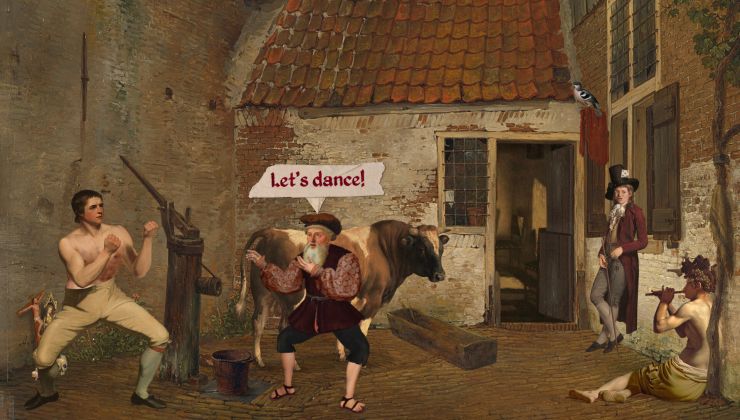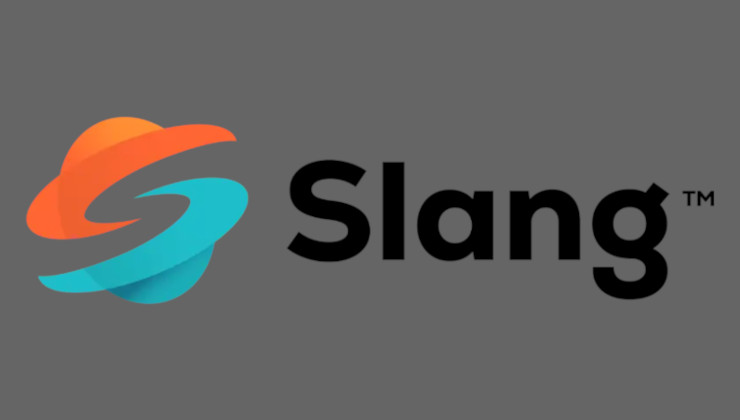After the debacle (and this) over Unity and Improbable's SpatialOS, it seems Unity has made some solid steps after a lot of feedback on their Terms of Service.
To save you a click, from the other article I did, here's a very concise version of what happened:
- Improbable put out a blog post, claiming Unity overnight blocked SpatialOS and made Unity out to be a real bad company. Improbable then open source their Unity GDK.
- Unity made their own response, mentioning that they told Improbable a year ago about the issues.
- Epic Games and Improbable team up to help developers switch game engines.
They took a lot of heat for what happened, some of it was rightly deserved and some not so. From the post Unity has put out, it looks like their team has taken a lot of the recent feedback to heart.
When you make a game with Unity, you own the content and you should have the right to put it wherever you want. Our TOS didn’t reflect this principle – something that is not in line with who we are.
The problem is that Unity's TOS weren't clear enough, many developers had an issue with them and Unity's ability to change the terms whenever they felt like it was highlighted as an issue too. Unity has addressed that too, saying that developers will now be locked into the terms "for the same major (year based) version number" which sounds a lot more sane and allows developers to note have any sudden issues. If you're going to use a proprietary game engine, knowing what the terms are and knowing they will stay the same is pretty important, you don't want things suddenly pulled out from under your feet.
Setting the record as straight as possible, SpatialOS is no longer an issue as well as Unity say:
Today’s change in our TOS means Improbable is no longer in breach by providing you a service, and that we are able to reinstate their licenses. But we do not consider them a partner, and cannot vouch for how their service works with Unity as we have no insight into their technology or how they run their business.
Hopefully this will settle any lingering issues developers had with Unity. I'm no Unity developer, but to me the newer and updated terms sound a lot more fair to everyone who would want to make use of Unity.
They also put some extra bits, to make it clearer on how you can use the Unity name and logos.
See the full blog post here. If you have questions, they're hosting an AMA (Ask me anything) on Reddit at 6PM UTC.
Quoting: TheSHEEEPThey invented it, so yeah they do. (Well, not necessarily this .org as such, but the Open Source Definition is as old as the term Open Source; when the term was coined, the definition accompanied it to explain what it was supposed to be; opensource.org is a very direct descendant of that initial thing)Quoting: KristianYou can view something's sources? Open source to me.Quoting: SilverCodeQuoting: eldakingI think there was one more step, with Improbable claiming that Unity had explicitly told them they were not in violation and the entire "notified one year ago" was solved.Unreal Engine 4 is already Open Source. Do you maybe not mean change the license to be a more permissive royalty free one?
Anyway, it is certainly an advancement on one front, but proprietary software is still a huge liability.
As for the other companies involved, you know what would be actually cool? If Epic, instead of opportunistically giving money for people to use their (equally proprietary) engine, open sourced Unreal to actually solve the issue. Or if Improbable partnered with Godot instead.
No, UE4 is NOT open source. Their license requirements are far from being in compliance with the open source definition: https://opensource.org/osd-annotated
I don't think a website called opensource.org gets to define what open source is or isn't by putting up additional requirements.
As that would lead to sentences like "The sources are open, but it isn't open source."
That just doesn't sound right to me.
And what it was supposed to be was a rebranding of "Free Software" using a term that corporate types might be able to accept, with more emphasis on collaborative improvement and less on freedom. It was pretty successful in that.
The point of open source has always been that you get to use it for your own purposes, not just look at it. Fix it, fork it, repurpose it, improve the recipe.




See more from me